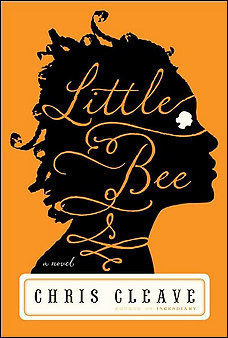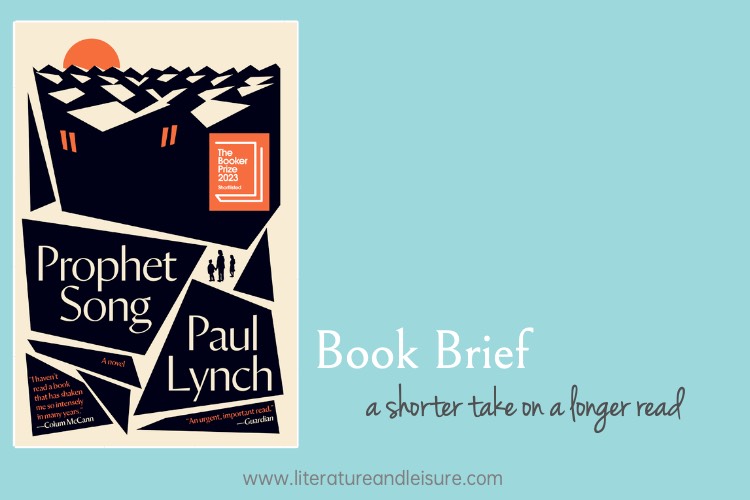 Chris Cleave’s Little Bee has been praised all over the world. But for whatever reason, I had little interest in reading it. Maybe it was because one of the narrator’s is a teenage Nigerian girl. Maybe it was because I felt it was yet another indictment of Western imperialism. Maybe it was because the cover wasn’t very intriguing to me.
Chris Cleave’s Little Bee has been praised all over the world. But for whatever reason, I had little interest in reading it. Maybe it was because one of the narrator’s is a teenage Nigerian girl. Maybe it was because I felt it was yet another indictment of Western imperialism. Maybe it was because the cover wasn’t very intriguing to me.
Whatever it was, I’m glad it didn’t win. This book is a true gem.
Cleave begins with one of several metaphors, which is one of his strengths as a writer. For the first page and a half, Little Bee talks of how much she would like to be a British pound coin. Another figurative passage that struck me was about the beauty of scars, because scars indicate survival. Persuasive and insightful from a young girl who has seen many scars, but has also seen many who didn’t get the chance to develop them.
Without giving too much away, Little Bee has escaped Nigeria for London. The only people she knows there are a wealthy couple that she met briefly during their vacation in her homeland, and after spending two years in a detention center, she finds them again. When she arrives on their doorstep, all are forced to face the bitter consequences from their initial meeting on a beach in Nigeria. The other narrator is Sarah O’Rourke, the wife of the couple.
I am always amazed at the talent some male writers have for portraying female protagonists, and Cleave is no exception. While I don’t personally know any Nigerian girls, how Cleave creates her feels completely authentic for what she has experienced. A couple of things resonated with me. One was Little Bee’s habit of identifying how she would kill herself whenever she’s in a new environment. She says she does this incase “the men” come for her at that moment – she always wants to know she can kill herself before she is killed by them. Poignant.
Also, I liked how many of her new experiences she put in terms of how she would describe them to the other girls in her village if she were to go back there. This served as a constant reminder to the reader of the dichotomy of culture, lest Little Bee’s character feel too assimilated.





I completely understand your initial reluctance – I have very mixed feelings about books that adopt the voices of people in developing countries but aren’t actually written by people FROM those countries. They can be very good, as it sounds like this one was, but yeah, perhaps it’s time to let people tell their own stories. I loved how Half of a Yellow Sun dealt with this theme.
I loved this book Elizabeth; very haunting.